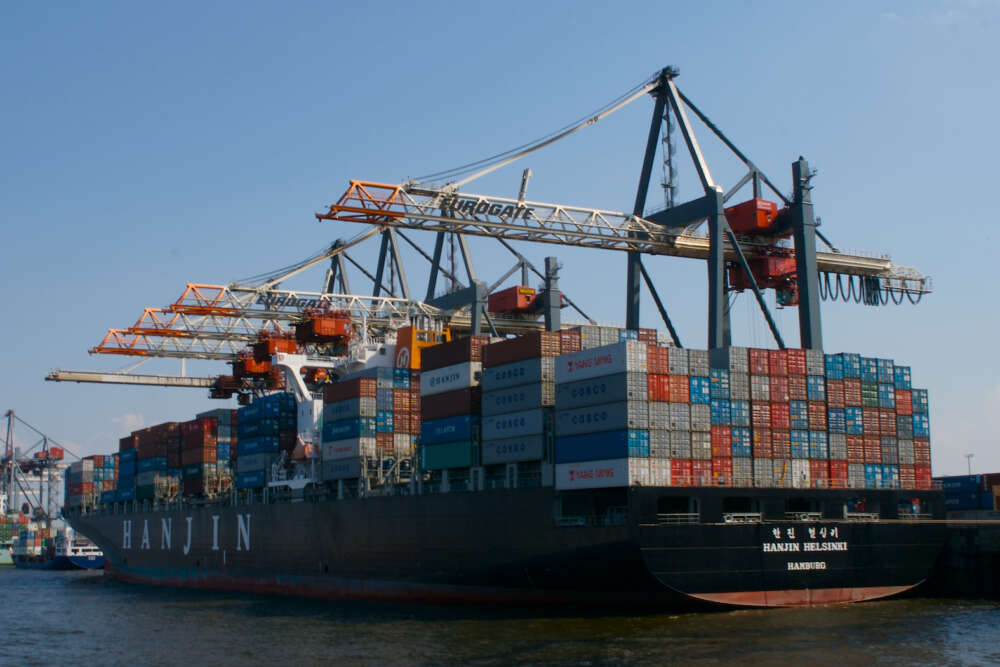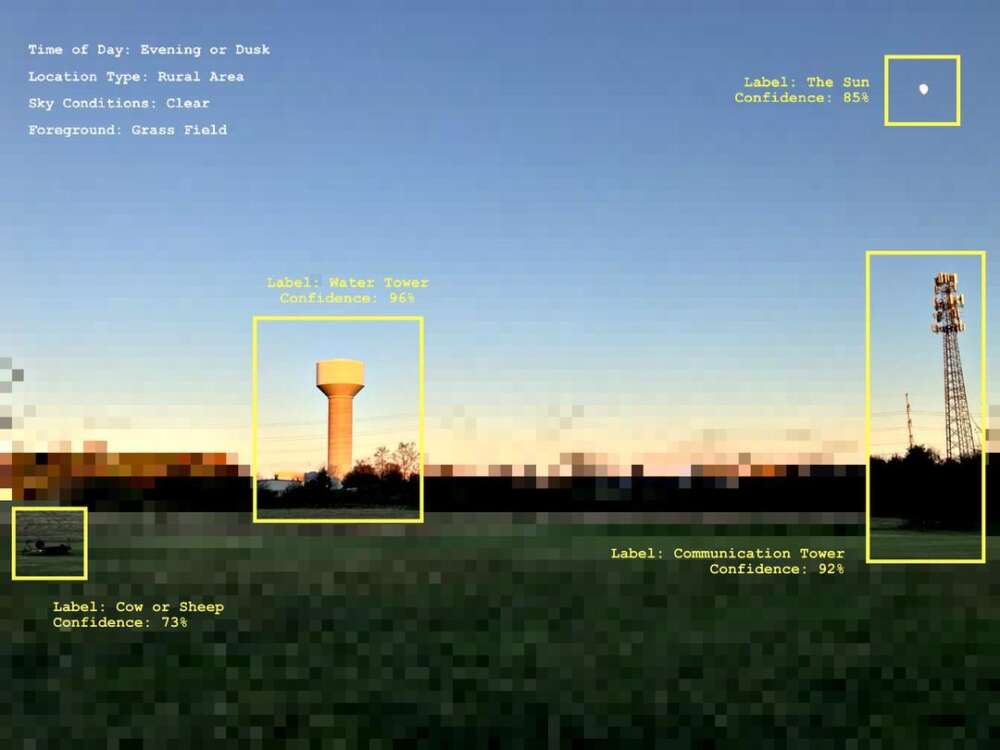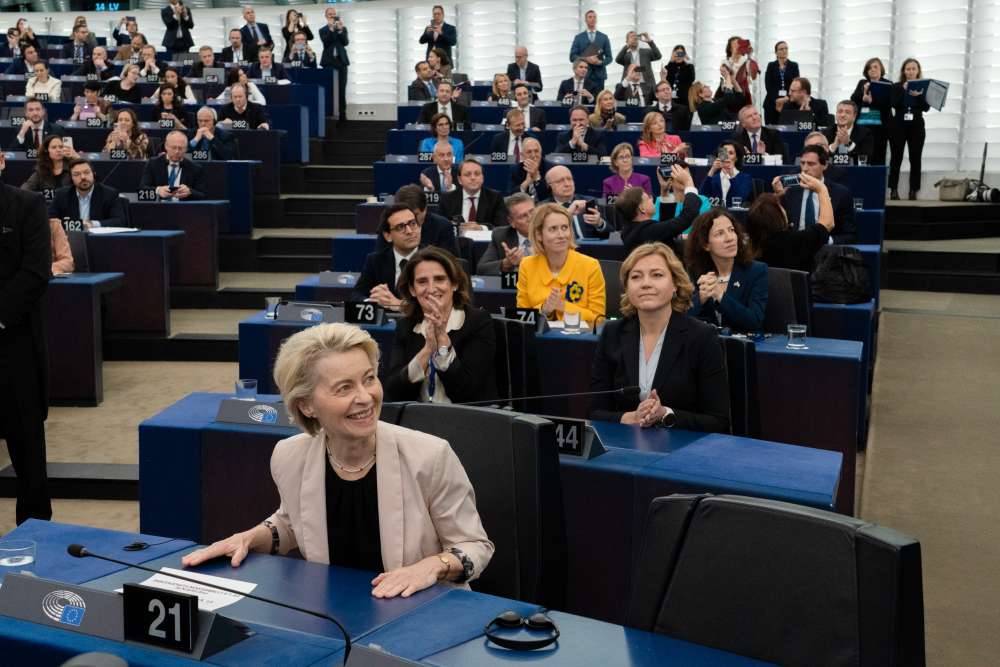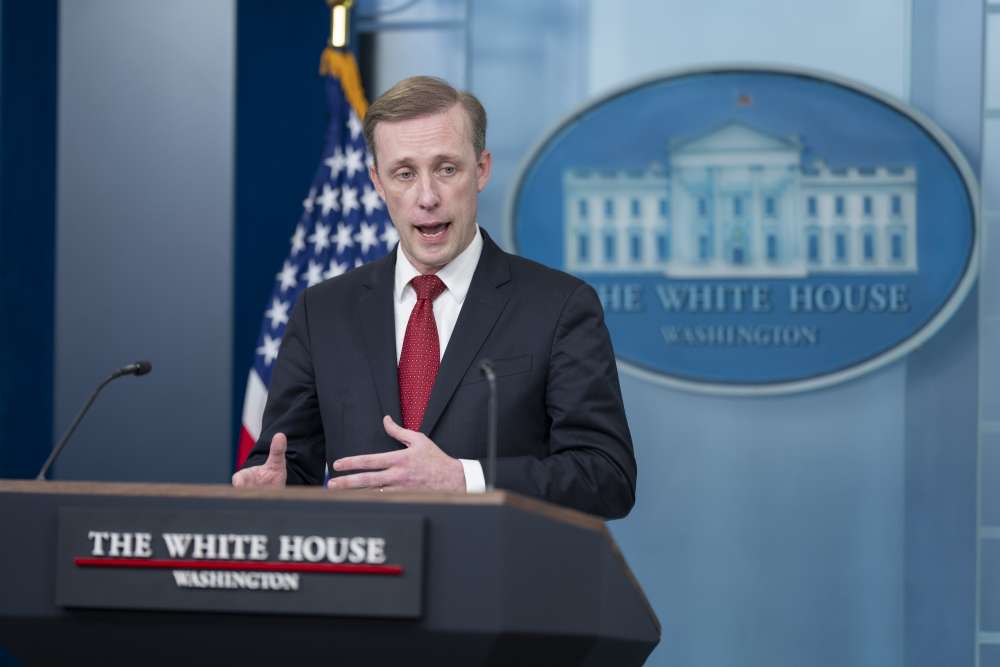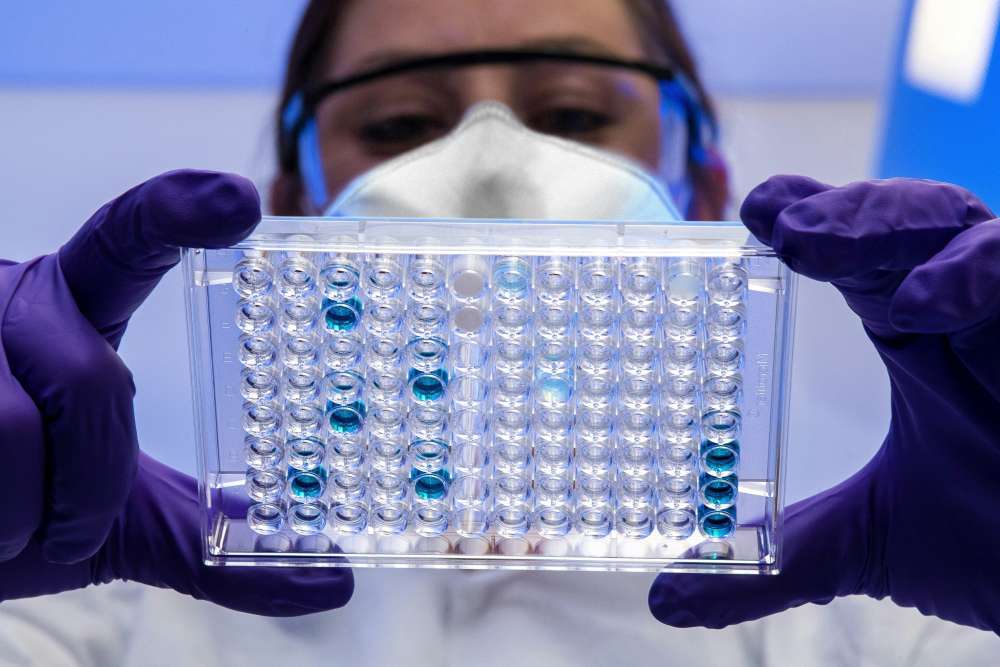Biotechnology: Advancing Germany’s and Europe’s Security

This policy brief examines the profound implications of technological advancements in biotechnologies for Germany’s and Europe’s foreign and security policy. Propelled by artificial intelligence, advancements in synthetic biology are particularly crucial in lowering barriers to entry and accelerating transformative applications across healthcare, environment, industry, agriculture, and defense. In this environment, the dual-use nature of emerging biotechnologies, paired with the intensifying race for global tech supremacy, elevates biotechnology to a domain of critical techno-economic and strategic relevance for Europe.
Key Takeaways:
- Biotechnology innovation raises security challenges and opportunities across four key areas: (1) military capabilities, (2) biosecurity and biosafety, (3) data security, (4) societal and economic significance and techno-economic security.
- The US and China have both recognized biotechnology’s strategic value for national and economic security, stepping up their efforts to consolidate technological leadership through pairing ambitious initiatives to promote civil and military applications with trade and investment restrictions.
- Europe (and Germany specifically) maintains outstanding research capacity and promising biotechnology hubs but falls behind in translating scientific potential into scalable industrial and security capabilities. Recent and impending policy measures reflect renewed focus. Yet, to safeguard national and economic security interests, Europe must now adopt a holistic approach that both seizes the opportunities and mitigates the risks of biotechnologies, through rigorous threat and capability assessments, stronger risk prevention and resilience measures, and a more supportive environment for strategic innovation and commercialization. By doing so, Europe could secure a competitive edge while also tackling health, food, biodiversity, and climate crises, both independently and with like-minded partners.
This piece is published as part of the GPPi project “Critical and Emerging Technologies: Sharpening the Strategic Agenda in Germany and Europe,” which is funded by the German Federal Foreign Office. It solely reflects the analysis and opinions of its authors. The authors greatly benefited from inputs from Oskar Galeev and comments from GPPi colleague Thorsten Benner. Any errors and omissions are the authors’ responsibility.

